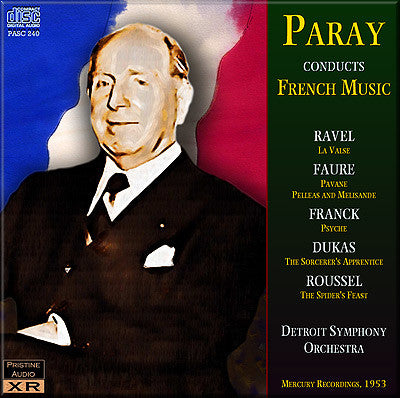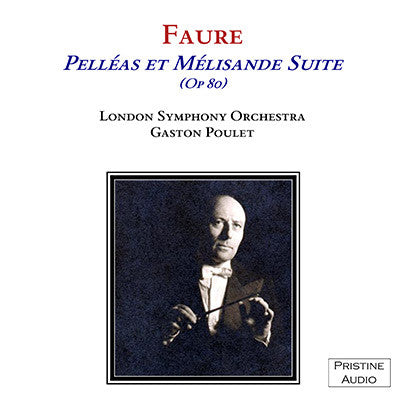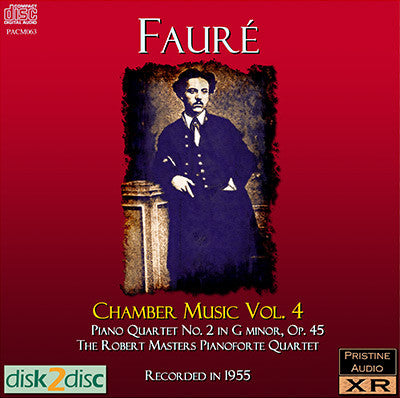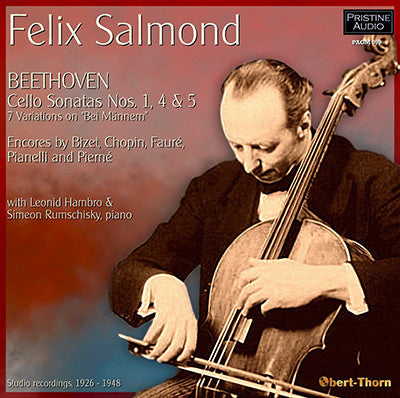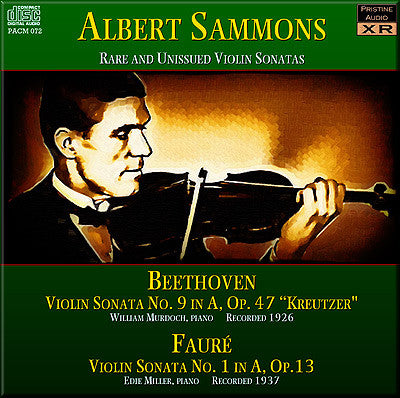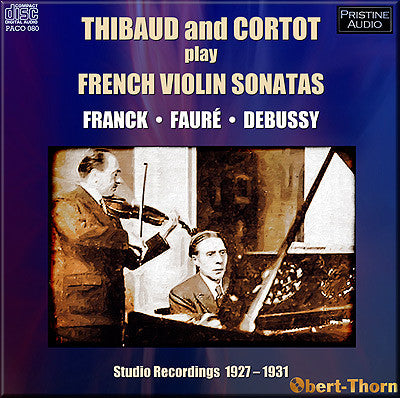Fauré
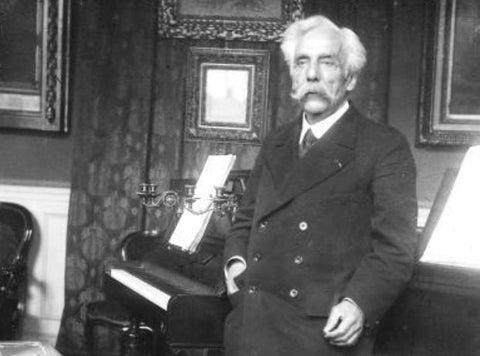
Fauré was born into a cultured but not especially musical family. His talent became clear when he was a small boy. At the age of nine, he was sent to a music college in Paris, where he was trained to be a church organist and choirmaster. Among his teachers was Camille Saint-Saëns, who became a lifelong friend. After graduating from the college in 1865, Fauré earned a modest living as an organist and teacher, leaving him little time for composition. When he became successful in his middle age, holding the important posts of organist of the Église de la Madeleine and director of the Paris Conservatoire, he still lacked time for composing; he retreated to the countryside in the summer holidays to concentrate on composition. By his last years, Fauré was recognised in France as the leading French composer of his day. An unprecedented national musical tribute was held for him in Paris in 1922, headed by the president of the French Republic. Outside France, Fauré's music took decades to become widely accepted, except in Britain, where he had many admirers during his lifetime.
Fauré's music has been described as linking the end of Romanticism with the modernism of the second quarter of the 20th century. When he was born, Chopin was still composing, and by the time of Fauré's death, jazz and the atonal music of the Second Viennese School were being heard. The Grove Dictionary of Music and Musicians, which describes him as the most advanced composer of his generation in France, notes that his harmonic and melodic innovations influenced the teaching of harmony for later generations. During the last twenty years of his life, he suffered from increasing deafness. In contrast with the charm of his earlier music, his works from this period are sometimes elusive and withdrawn in character, and at other times turbulent and impassioned.

Fauré
RAVEL La Valse
FAURÉ Pavane, Pelléas and Mélisande
FRANCK Psyche (excerpts)
DUKAS The Sorcerer's Apprentice
ROUSSEL The Spider's Feast
Recorded December 1953
Total duration: 74:04
The Detroit Symphony Orchestra
conducted by Paul Paray
FAURÉ Pelléas et Mélisande Suite
Recorded 1953 & 1954
Duration: 17:49
London Symphony Orchestra
Conductor: Gaston Poulet
FAURÉ Piano Quartet No. 2 in G minor, Op. 45
Recorded Spring 1955
Total duration: 32:57
BEETHOVEN 7 Variations on “Bei Männern” from Die Zauberflöte
Encores by Bizet, Chopin, Fauré, Pianelli and Pierné
Studio recordings, 1926-48
Total duration: 79:09
Felix Salmond, cello
Leonid Hambro, piano
Simeon Rumschisky, piano
FAURÉ Violin Sonata No. 1 in A, Op. 13
Recorded 1926 & 1937
Total duration: 56:10
Albert Sammons, violin
William Murdoch, piano (Beethoven)
Edie Miller, piano (Fauré)
FAURÉ Violin Sonata No. 1 in A major, Op. 13
FAURÉ Berceuse, Op. 16
DEBUSSY Violin Sonata in G minor
DEBUSSY (arr. Hartmann) - Minstrels (from Préludes - Book I)
Recorded 1927-1931
Total duration: 65:54
Alfred Cortot, piano

